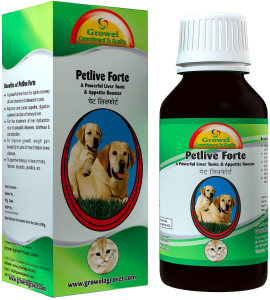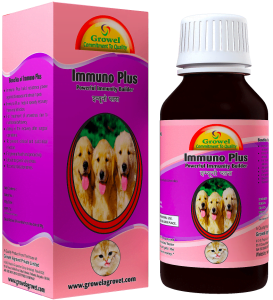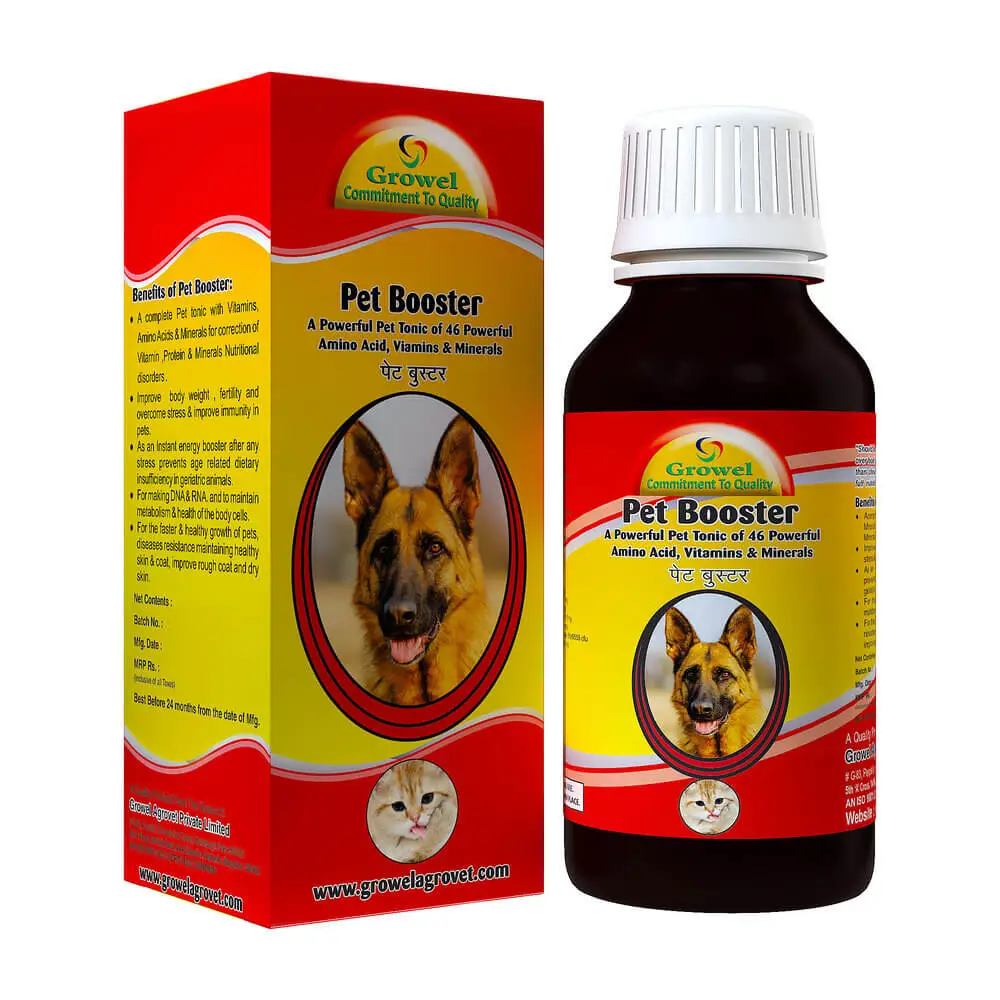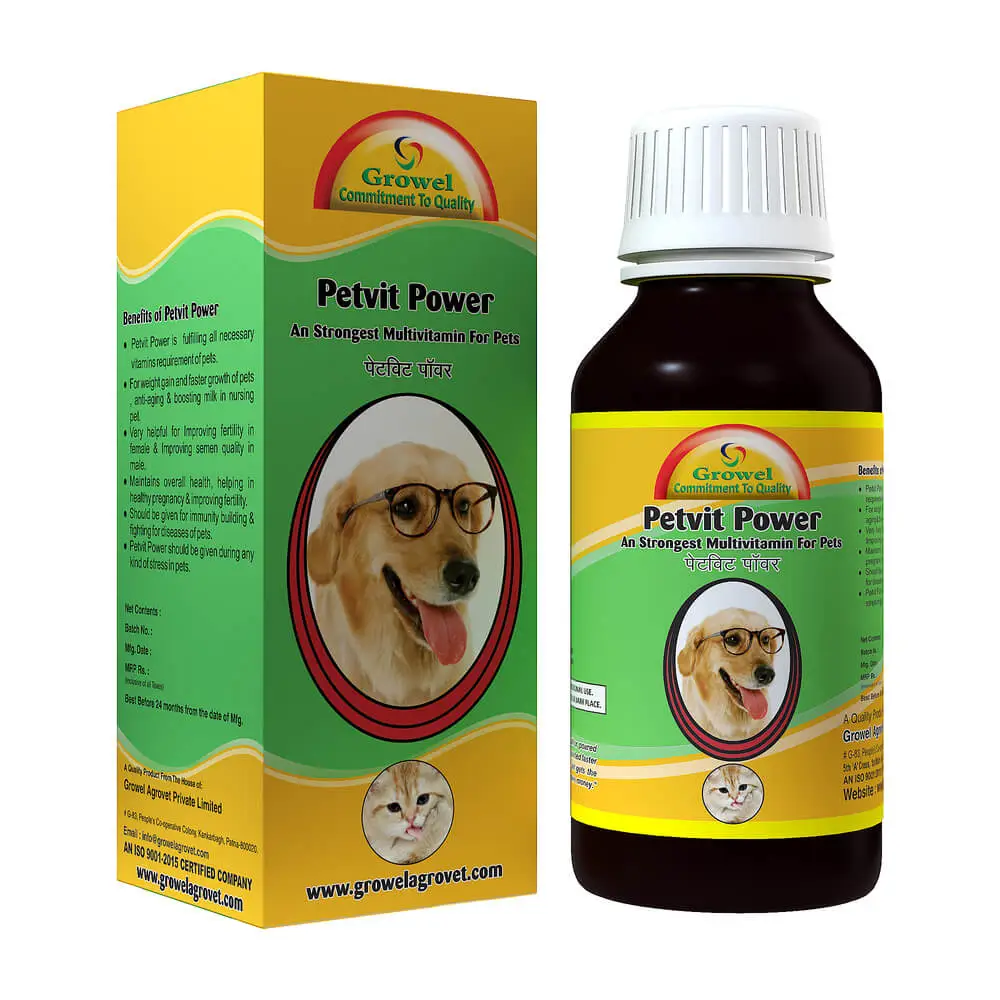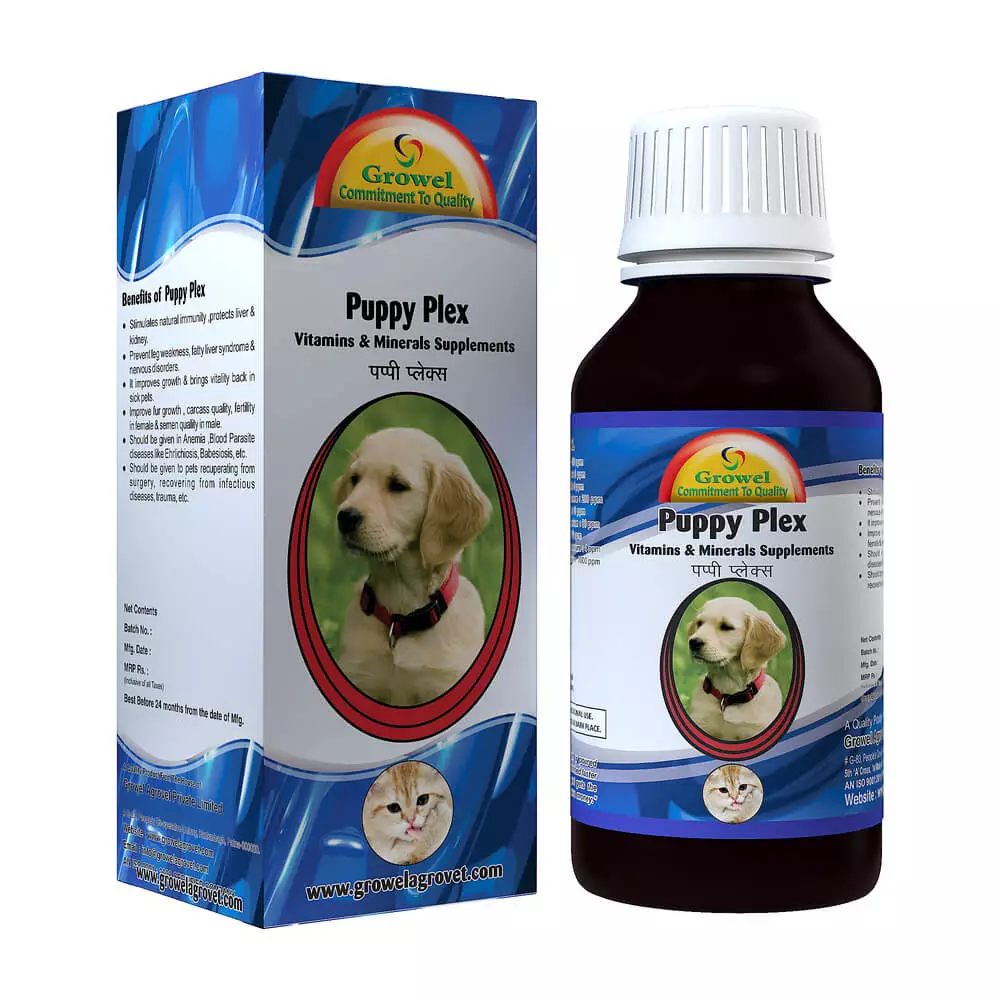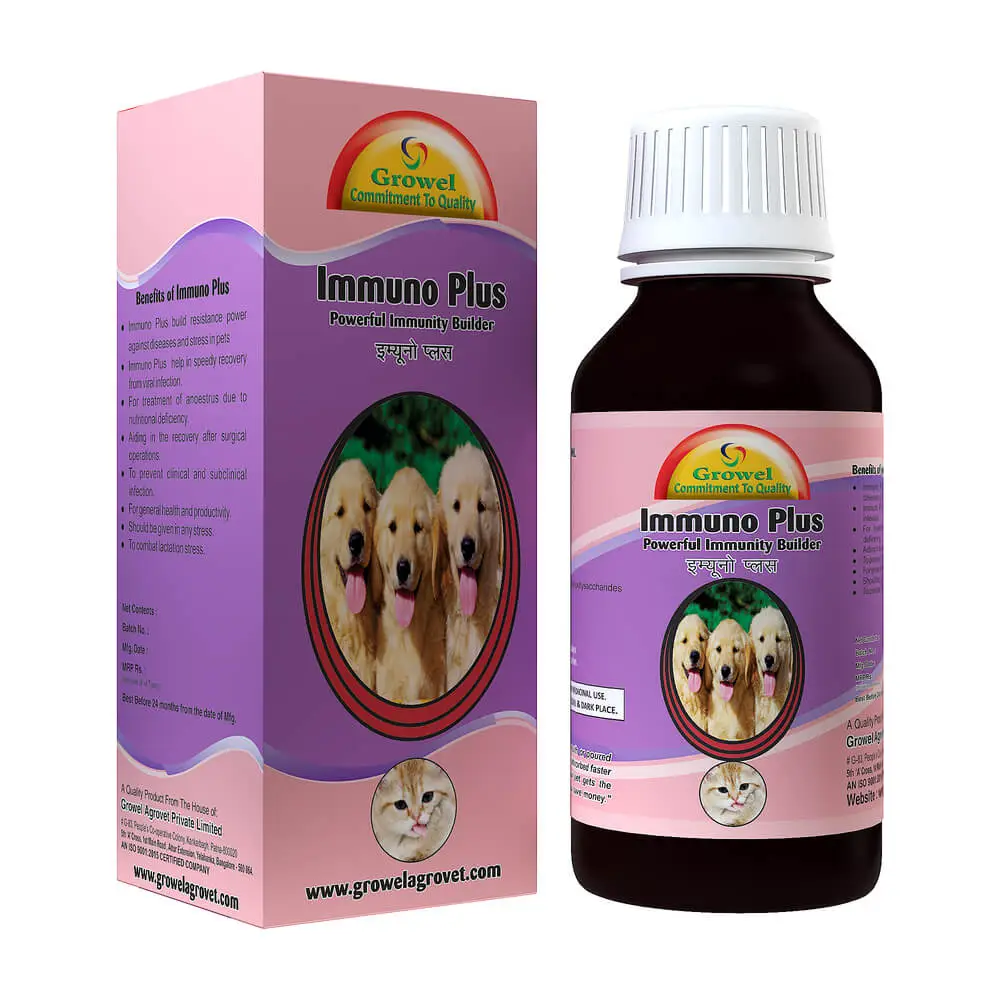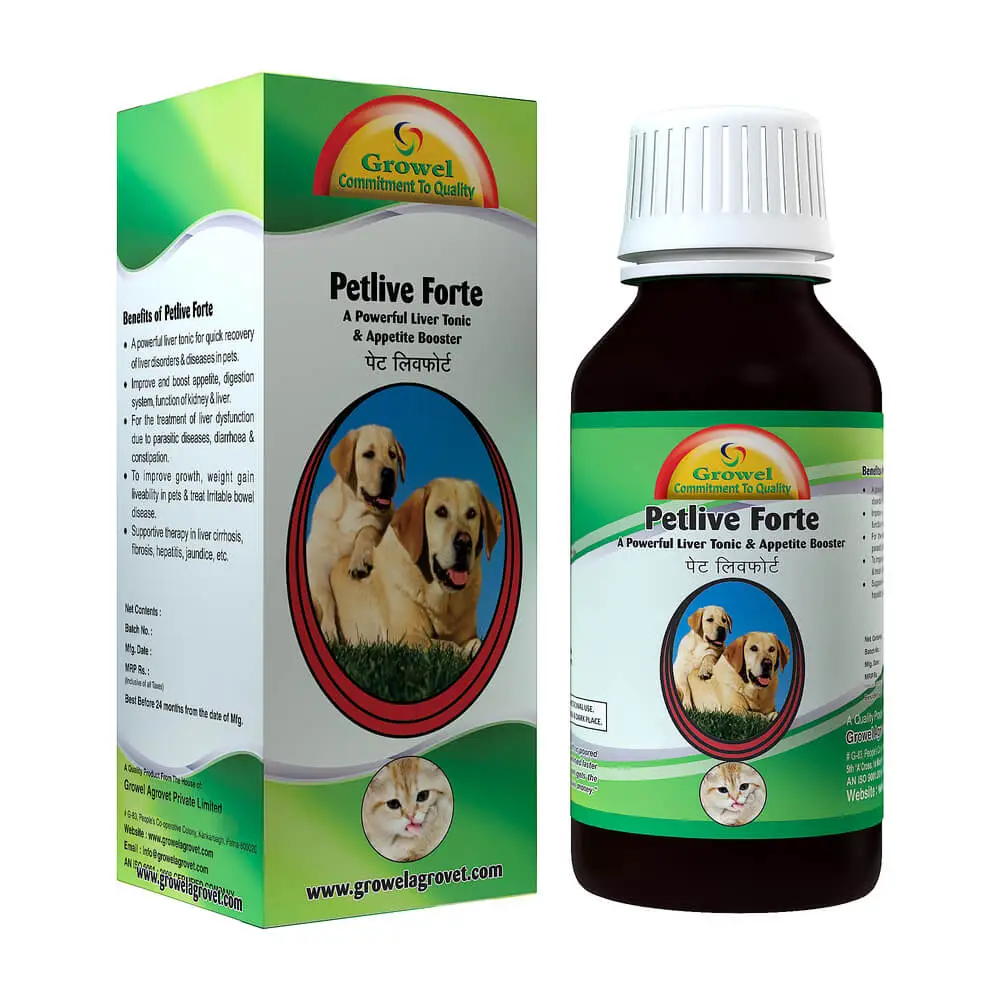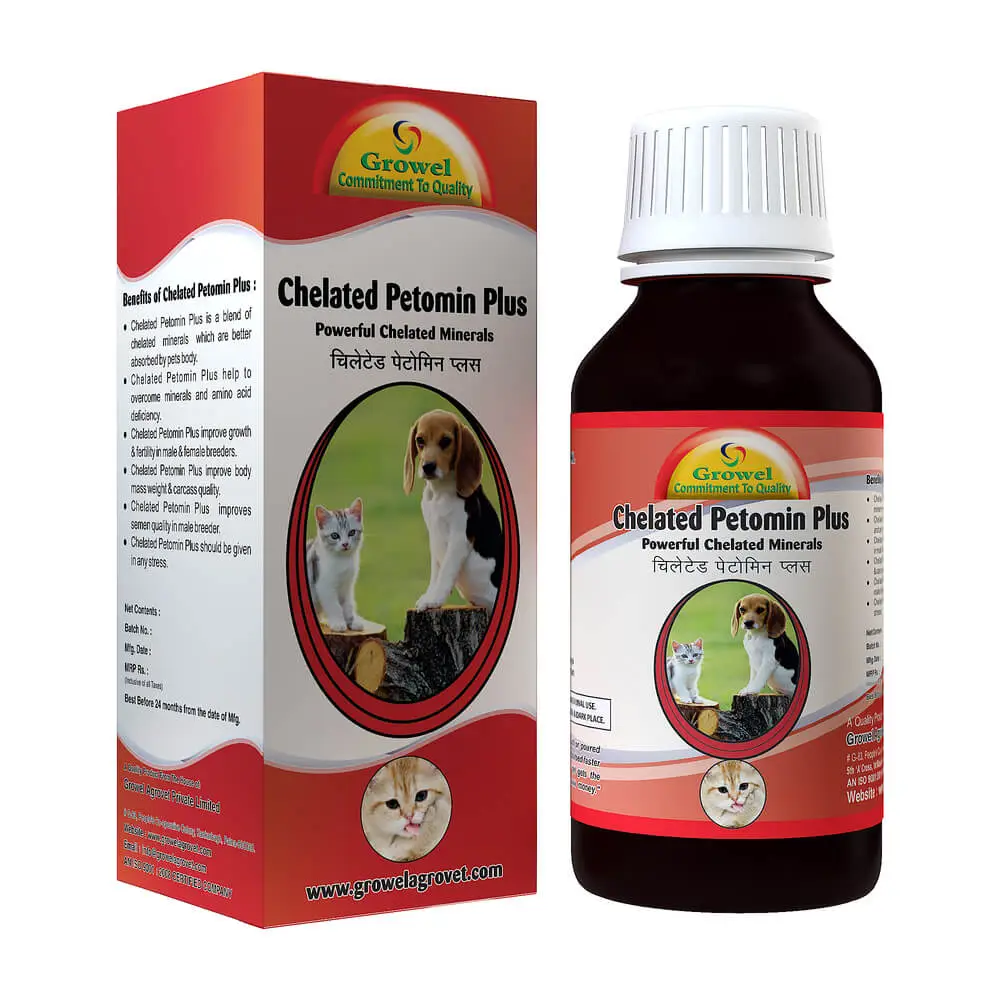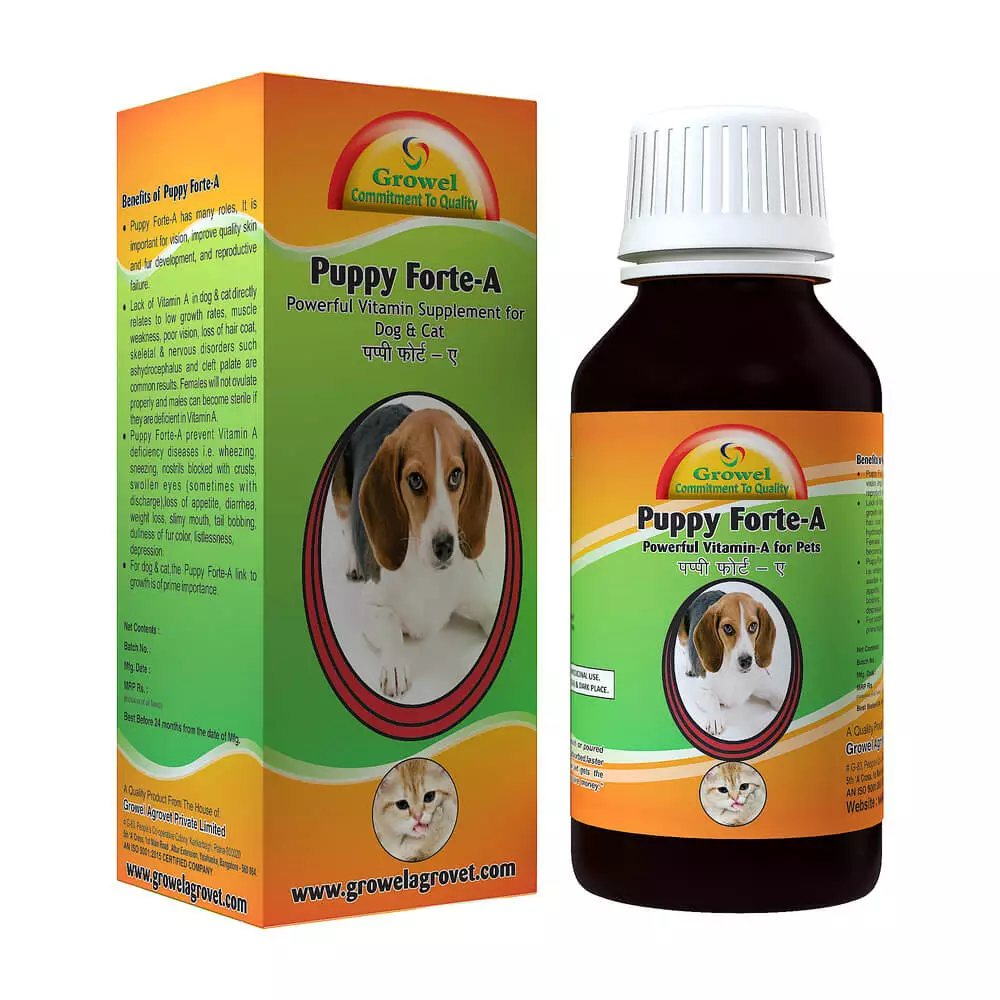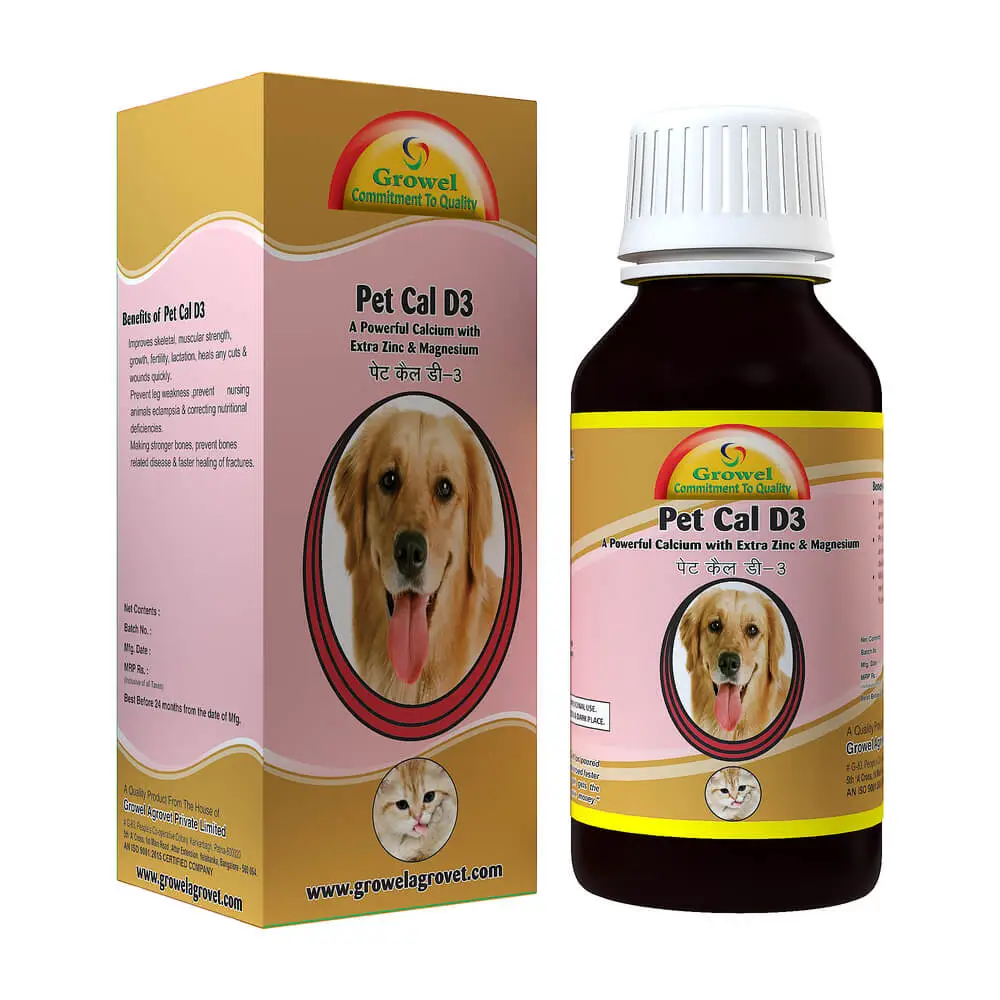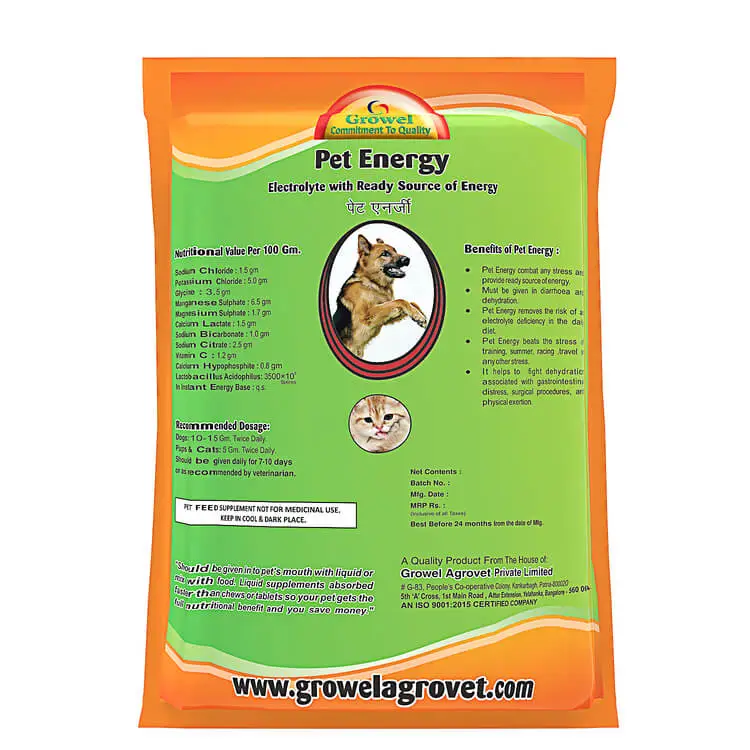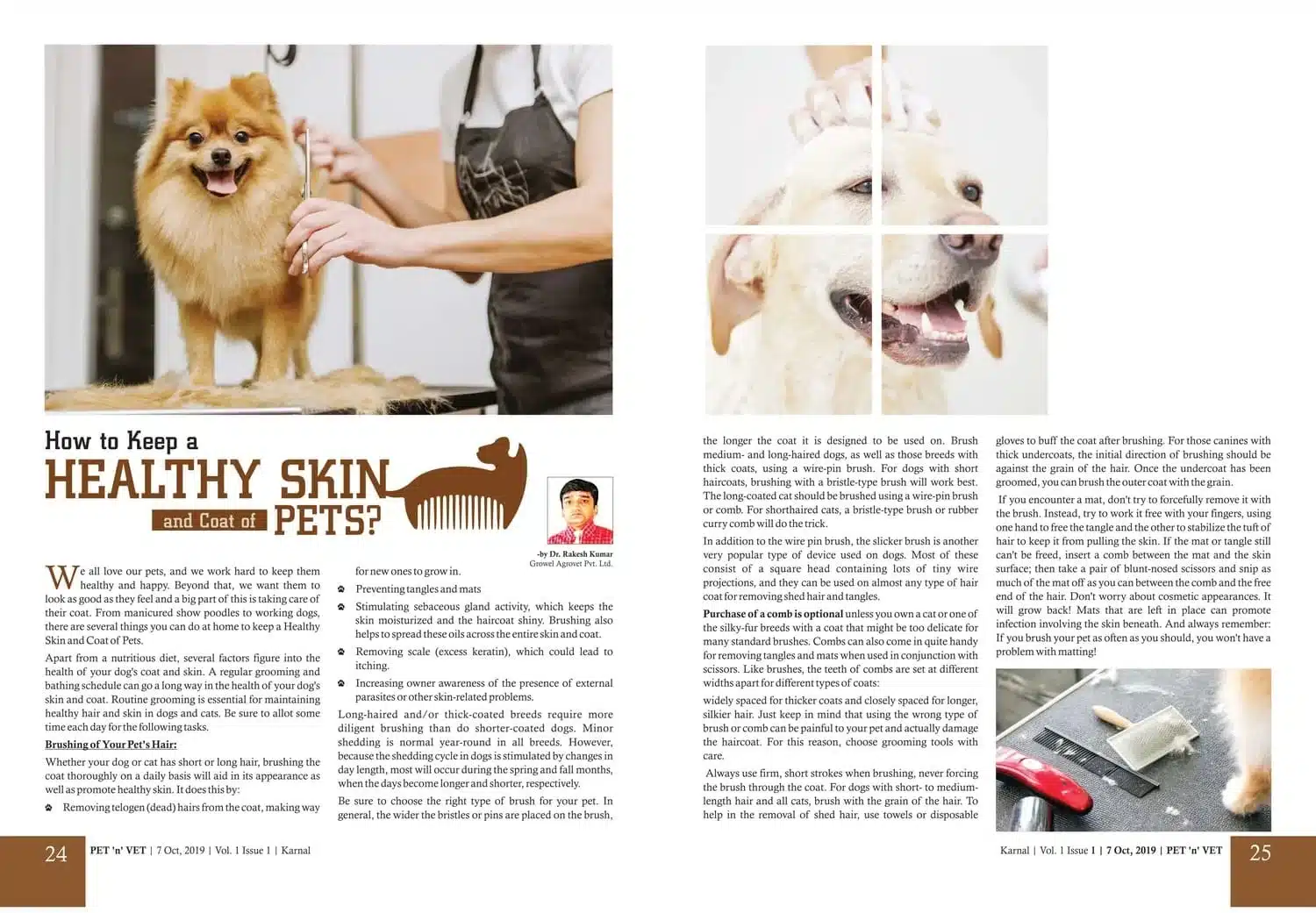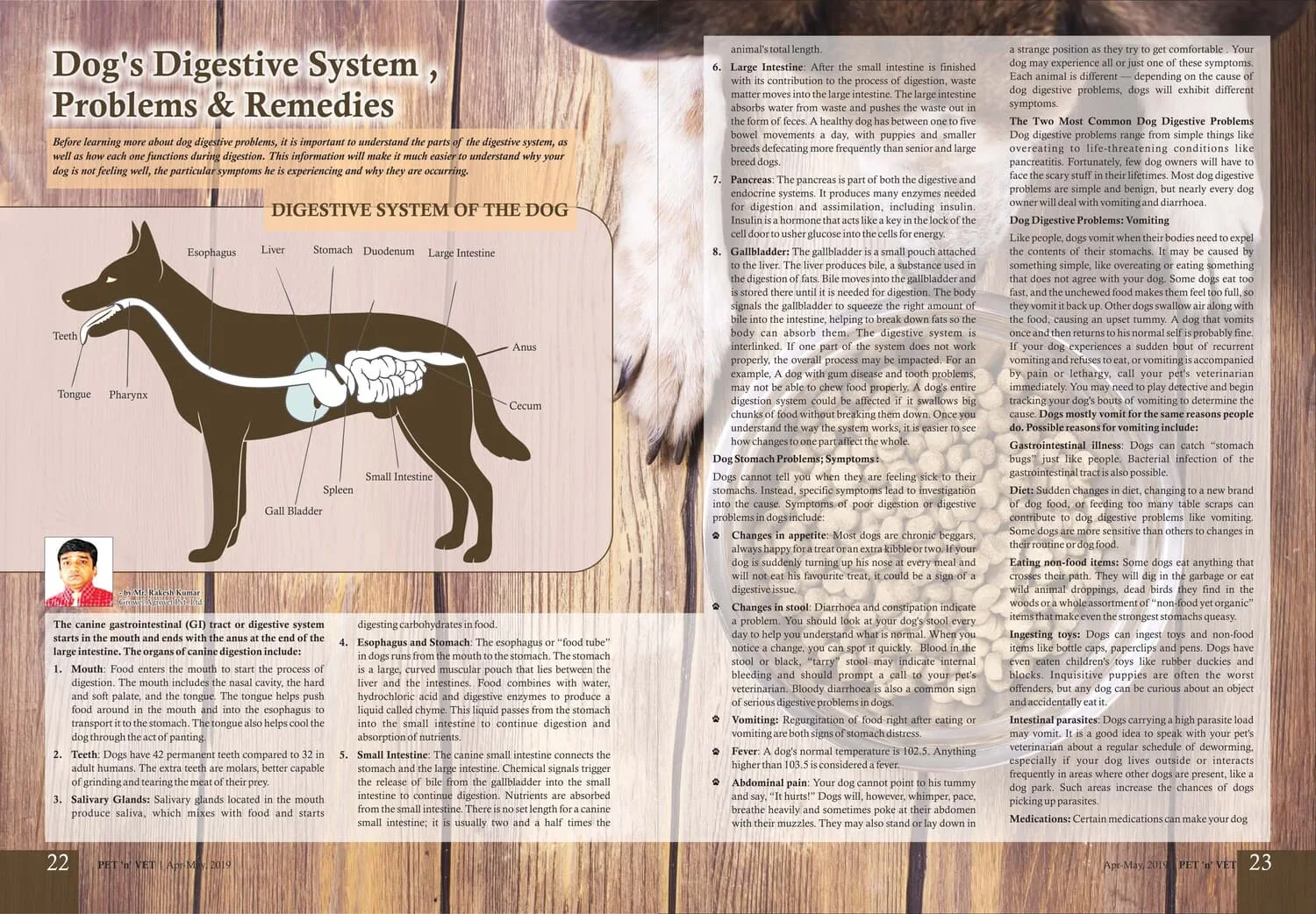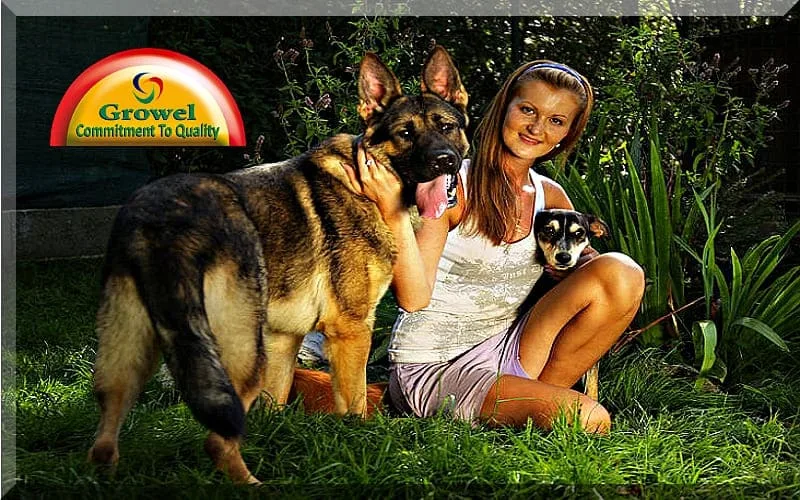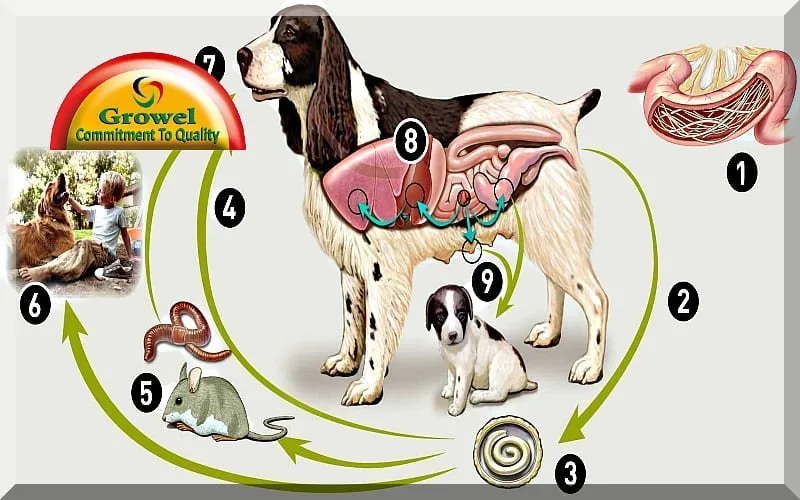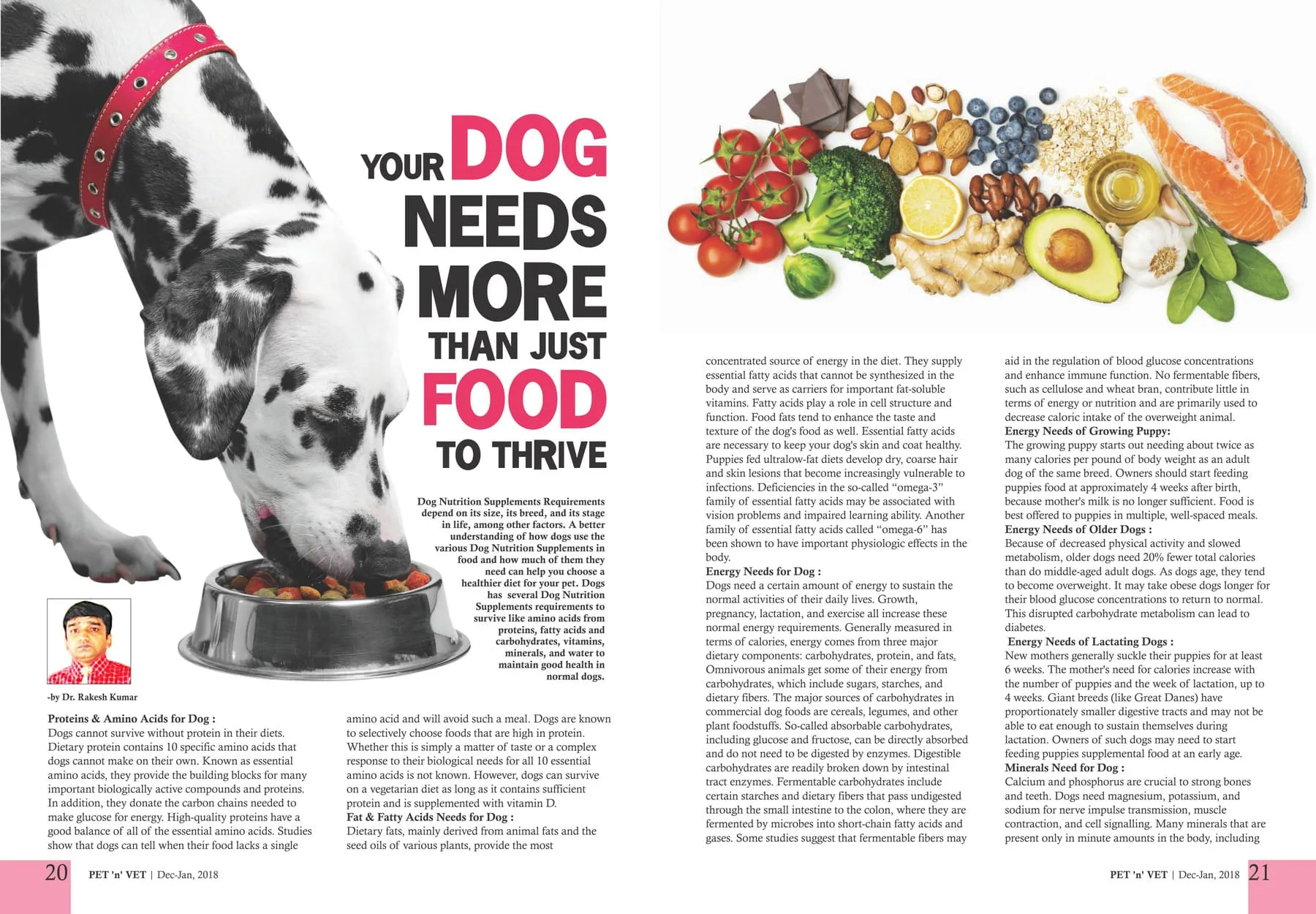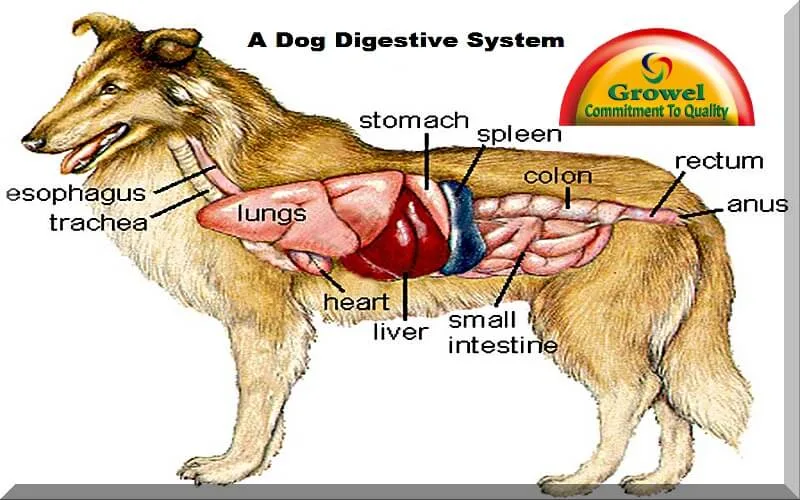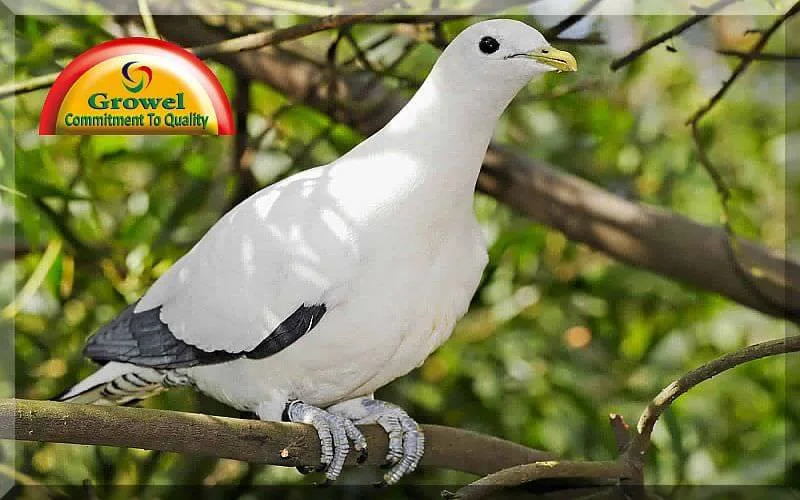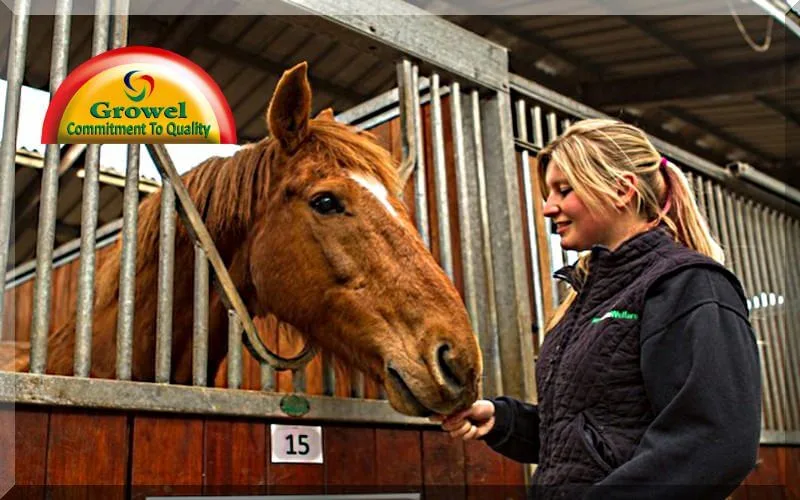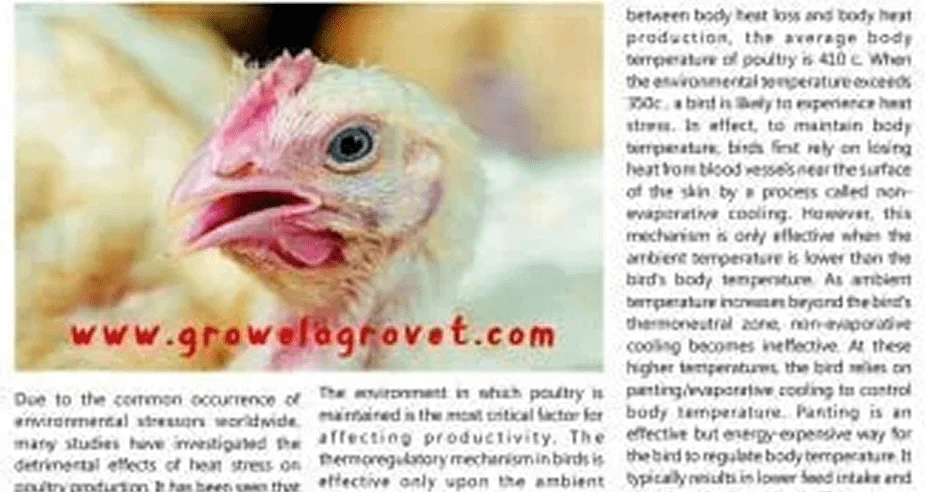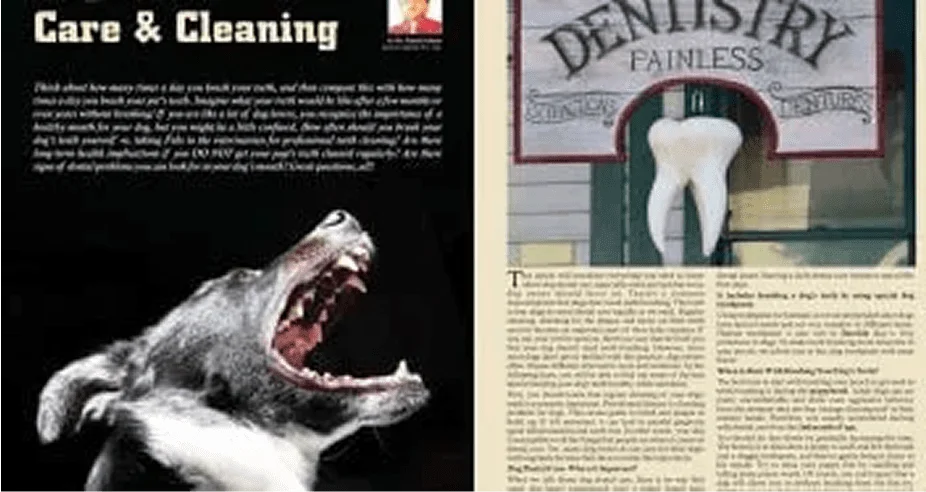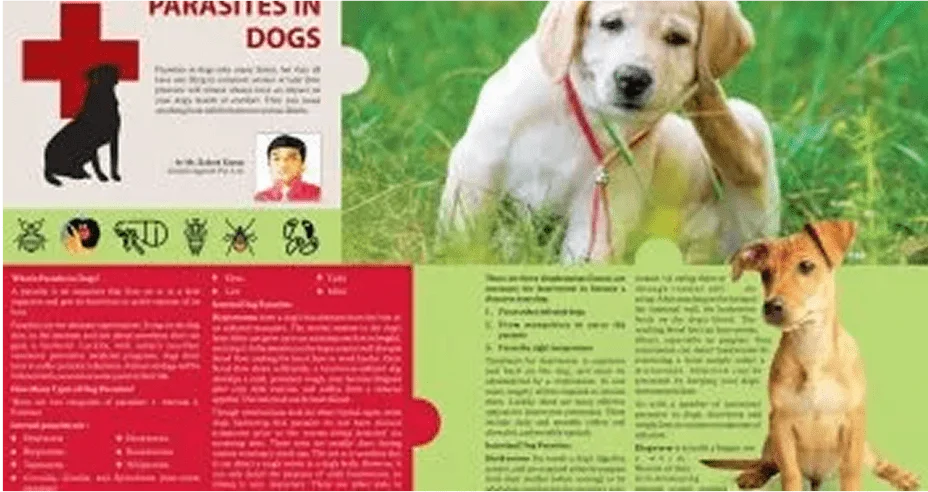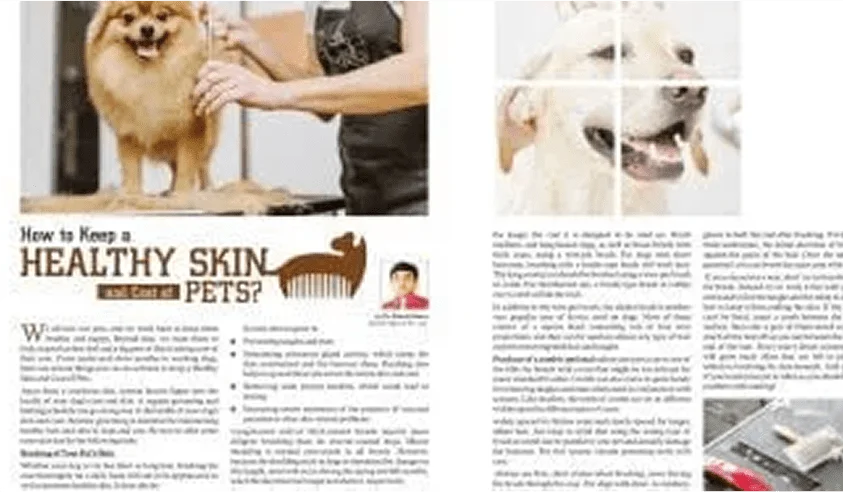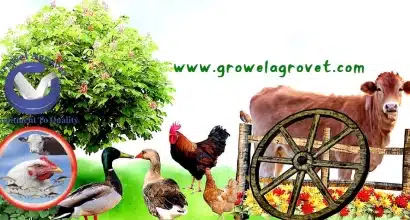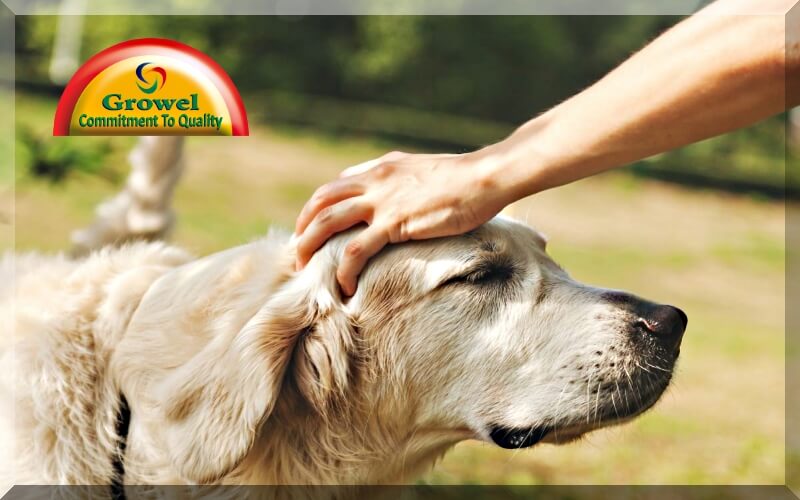 Before learning more about dog digestive problems, it is important to understand the parts of the digestive system, as well as how each one functions during digestion. This information will make it much easier to understand why your dog is not feeling well, the particular symptoms he is experiencing and why they are occurring.
Before learning more about dog digestive problems, it is important to understand the parts of the digestive system, as well as how each one functions during digestion. This information will make it much easier to understand why your dog is not feeling well, the particular symptoms he is experiencing and why they are occurring.
The canine gastrointestinal (GI) tract or digestive system starts in the mouth and ends with the anus at the end of the large intestine. The organs of canine digestion include:
- Mouth: Food enters the mouth to start the process of digestion. The mouth includes the nasal cavity, the hard and soft palate, and the tongue. The tongue helps push food around in the mouth and into the esophagus to transport it to the stomach. The tongue also helps cool the dog through the act of panting.
- Teeth: Dogs have 42 permanent teeth compared to 32 in adult humans. The extra teeth are molars, better capable of grinding and tearing the meat of their prey.
- Salivary Glands: Salivary glands located in the mouth produce saliva, which mixes with food and starts digesting carbohydrates in food.
- Esophagus and Stomach: The esophagus or “food tube” in dogs runs from the mouth to the stomach. The stomach is a large, curved muscular pouch that lies between the liver and the intestines. Food combines with water, hydrochloric acid and digestive enzymes to produce a liquid called chyme. This liquid passes from the stomach into the small intestine to continue digestion and absorption of nutrients.
- Small Intestine: The canine small intestine connects the stomach and the large intestine. Chemical signals trigger the release of bile from the gallbladder into the small intestine to continue digestion. Nutrients are absorbed from the small intestine. There is no set length for a canine small intestine; it is usually two and a half times the animal’s total length.
- Large Intestine: After the small intestine is finished with its contribution to the process of digestion, waste matter moves into the large intestine. The large intestine absorbs water from waste and pushes the waste out in the form of feces. A healthy dog has between one to five bowel movements a day, with puppies and smaller breeds defecating more frequently than senior and large breed dogs.
- Pancreas: The pancreas is part of both the digestive and endocrine systems. It produces many enzymes needed for digestion and assimilation, including insulin. Insulin is a hormone that acts like a key in the lock of the cell door to usher glucose into the cells for energy.
- Gallbladder: The gallbladder is a small pouch attached to the liver. The liver produces bile, a substance used in the digestion of fats. Bile moves into the gallbladder and is stored there until it is needed for digestion. The body signals the gallbladder to squeeze the right amount of bile into the intestine, helping to break down fats so the body can absorb them. The digestive system is interlinked. If one part of the system does not work properly, the overall process may be impacted.For an example, A dog with gum disease and tooth problems, may not be able to chew food properly. A dog’s entire digestion system could be affected if it swallows big chunks of food without breaking them down. Once you understand the way the system works, it is easier to see how changes to one part affect the whole.
Dog Stomach Problems: Symptoms
Dogs cannot tell you when they are feeling sick to their stomachs. Instead, specific symptoms lead to investigation into the cause. Symptoms of poor digestion or digestive problems in dogs include:
- Changes in appetite: Most dogs are chronic beggars, always happy for a treat or an extra kibble or two. If your dog is suddenly turning up his nose at every meal and will not eat his favorite treat, it could be a sign of a digestive issue.
- Changes in stool: Diarrhea and constipation indicate a problem. You should look at your dog’s stool every day to help you understand what is normal. When you notice a change, you can spot it quickly. Blood in the stool or black, “tarry” stool may indicate internal bleeding and should prompt a call to your pet’s veterinarian. Bloody diarrhea is also a common sign of serious digestive problems in dogs.
- Vomiting: Regurgitation of food right after eating or vomiting are both signs of stomach distress.
- Fever: A dog’s normal temperature is 102.5. Anything higher than 103.5 is considered a fever.
- Abdominal pain: Your dog cannot point to his tummy and say, “It hurts!” Dogs will, however, whimper, pace, breathe heavily and sometimes poke at their abdomen with their muzzles. They may also stand or lay down in a strange position as they try to get comfortable.Your dog may experience all or just one of these symptoms. Each animal is different — depending on the cause of dog digestive problems, dogs will exhibit different symptoms.The Two Most Common Dog Digestive Problems Dog digestive problems range from simple things like overeating to life-threatening conditions like pancreatitis. Fortunately, few dog owners will have to face the scary stuff in their lifetimes. Most dog digestive problems are simple and benign, but nearly every dog owner will deal with vomiting and diarrhea.
- Dog Digestive Problems: Vomiting : Like people, dogs vomit when their bodies need to expel the contents of their stomachs. It may be caused by something simple, like overeating or eating something that does not agree with your dog. Some dogs eat too fast, and the unchewed food makes them feel too full, so they vomit it back up. Other dogs swallow air along with the food, causing an upset tummy.A dog that vomits once and then returns to his normal self is probably fine. If your dog experiences a sudden bout of recurrent vomiting and refuses to eat, or vomiting is accompanied by pain or lethargy, call your pet’s veterinarian immediately.You may need to play detective and begin tracking your dog’s bouts of vomiting to determine the cause. Dogs mostly vomit for the same reasons people do. Possible reasons for vomiting include:
- Gastrointestinal illness: Dogs can catch “stomach bugs” just like people. Bacterial infection of the gastrointestinal tract is also possible.
- Diet: Sudden changes in diet, changing to a new brand of dog food, or feeding too many table scraps can contribute to dog digestive problems like vomiting. Some dogs are more sensitive than others to changes in their routine or dog food.
- Eating non-food items: Some dogs eat anything that crosses their path. They will dig in the garbage or eat wild animal droppings, dead birds they find in the woods or a whole assortment of “non-food yet organic” items that make even the strongest stomachs queasy.
- Ingesting toys: Dogs can ingest toys and non-food items like bottle caps, paperclips and pens. Dogs have even eaten children’s toys like rubber duckies and blocks. Inquisitive puppies are often the worst offenders, but any dog can be curious about an object and accidentally eat it.
- Intestinal parasites: Dogs carrying a high parasite load may vomit. It is a good idea to speak with your pet’s veterinarian about a regular schedule of deworming, especially if your dog lives outside or interacts frequently in areas where other dogs are present, like a dog park. Such areas increase the chances of dogs picking up parasites.
- Medications: Certain medications can make your dog feel sick to his stomach. Anesthesia given to dogs for surgery can also make them vomit after they wake up.
- Car sickness: Dogs can also suffer from motion sickness or car sickness. If your dog only throws up in the car, or after a car ride, he may suffer from motion sickness.
- Heatstroke: Dogs can get heatstroke from being inside a hot car or from overexertion on a hot day.
- Poisons: Eating chocolate, poisonous plants or other poisonous materials may also induce vomiting.
Dog Digestive Problems; Diarrhoea :
Dog diarrhoea is unpleasant both for your dog and for you. Dog digestive problems include diarrhoea or loose stools. As with vomiting, an occasional bout of diarrhea is probably nothing to worry about. Prolonged bouts of diarrhea can signal health problems that should be investigated by your dog’s veterinarian.
Causes of dog digestive problems like diarrhea include:
- Eating something bad: Dogs that get into a neighbour’s garbage can, eat spoiled food or eat food discarded on the street can get diarrhoea.
- Parasites: Parasites such as hookworm, roundworm, whipworms, coccidia and giardia can also cause diarrhoea in dogs.
- Bacteria: Bacterial infections such as salmonella cause diarrhoea.
- Viral infections: Parvovirus, distemper and coronavirus can all cause diarrhoea. Fortunately, your veterinarian can administer vaccines to your dog that protect against these diseases.
- Allergies: Allergies manifest in dogs differently than they do in people. Dogs that have food allergies do not break out in hives or rashes. They may scratch their ears, bite at their paws or have bouts of unexplained diarrhoea. Your pet’s veterinarian can conduct a blood test to identify allergens and help you develop a diet that omits known trigger foods. Environmental factors like plant pollen and other animals can also trigger allergic reactions in dogs.
- Eating foreign objects: Eating socks, toys, bottle caps and other indigestible materials can also trigger bouts of diarrhoea.
- Medications: Antibiotics kill the bad bacteria in the body and cure infections, but they also kill the good gut bacteria that help your dog digest and assimilate food. This can make the stools runny or cause diarrhoea.
- Illnesses: One of the symptoms of kidney and liver disease in dogs is diarrhoea.
- Stress: Moving, a new baby, a new puppy or other major household changes can also cause stress-related diarrhoea.
Diarrhoea can be caused by many things, so keep track of how often it happens. The colour and consistency of the stools is also a sign of where the problem originates. Orange, yellow or gray poop can tell your vet if a major organ like the liver, pancreas or gallbladder is causing the diarrhea. Black, tarry stools are a sign of internal bleeding and should merit an immediate call to the vet.
Digestive Problem’s Remedies:
If your detective work uncovers the source of your dog’s digestive distress, it is up to you to remove the cause from his life. Avoid changing his diet unnecessarily, and make sure he is contained on a leash or in a fenced area so he cannot get into the neighbour’s trash and cause an upset tummy. Feed him Petlive Forte it will be very much helpful , normally you can feed it once in two month .
Dogs experiencing bouts of vomiting should be given water, but withhold their food for 12 to 24 hours until their stomachs settle down again. For diarrhea, provide plenty of water as well. Offer your dog a bland diet — the equivalent of toast and tea for a human being. Bland food for dogs include boiled chicken, minced and without bones, mixed with cooked white rice. Probiotic supplements can also be helpful, especially for dogs that have recently completed antibiotic therapy and depleted their natural protective gut bacteria.Growel Agrovet Private Limited offers an excellent selection of supplements designed to support a healthy coat, skin, joints and digestion. From vitamins like Petvit Power, Puppy Forte -A offer the best supplements for your dog’s overall health and well-being.
What If It’s More Serious?
If your dog still is not feeling better after a day or so, or he is lethargic, crying in pain or otherwise sick, he needs to be seen by a veterinarian. Although most cases of digestive problems in dog are caused by simple things and resolve in a day or two without help, some are more serious and require veterinary care.
Your veterinarian will examine your dog. He or she may request X-rays or other imaging scans to view the digestive organs and check for foreign matter in the stomach or intestines. Endoscope, or inserting a tube and camera into the digestive system, is another diagnostic method that vets can use to look for possible problems.
Preventing Digestive Problems in Dogs :
You know the old saying, “An ounce of prevention is worth a pound of cure”. This is true when it comes to digestive problems in dogs. The more you can do to prevent your dog from getting sick in the first place, the better.
Here are a few tips for preventing digestive problems in Dogs :
- Affix lids tightly to trashcans. Keep kitchen garbage cans in enclosed spaces to prevent dogs from pulling bones or other trash out and eating them.
- Feed “bolters” or “gobblers” — dogs who eat too quickly — in small, measured meals, giving them time to pause and digest food between portions.
- Talk to your pet’s vet about medication for carsickness. There are new medicines that can be given to your dog to prevent vomiting from carsickness.
- Offer probiotics and other supplements to keep your dog’s digestion healthy.
- Replace poisonous plants with safe plants inside and outside your home, especially in areas like dog runs and fences yards.
- Refrain from feeding your dog table scraps. Although your dog may enjoy it, many dishes intended for human beings are too rich for dogs’ tummies, or may include foods like onions or raisins that are not good for your dog or may be poisonous.
Although most digestive problems in dogs clear up on their own, you may want to take positive action and feed probiotics, good supplements such as those available from Growel Agrovet Private Limited and a healthy, nutritious diet. Keep your dog up to date on vaccinations and enjoy a healthier partnership with your pet. You should also read Nutritional Need of A Dog
You can join Dog & Pet Healthcare Facebook group for getting regular guidance of yours dogs & pet’s health.

